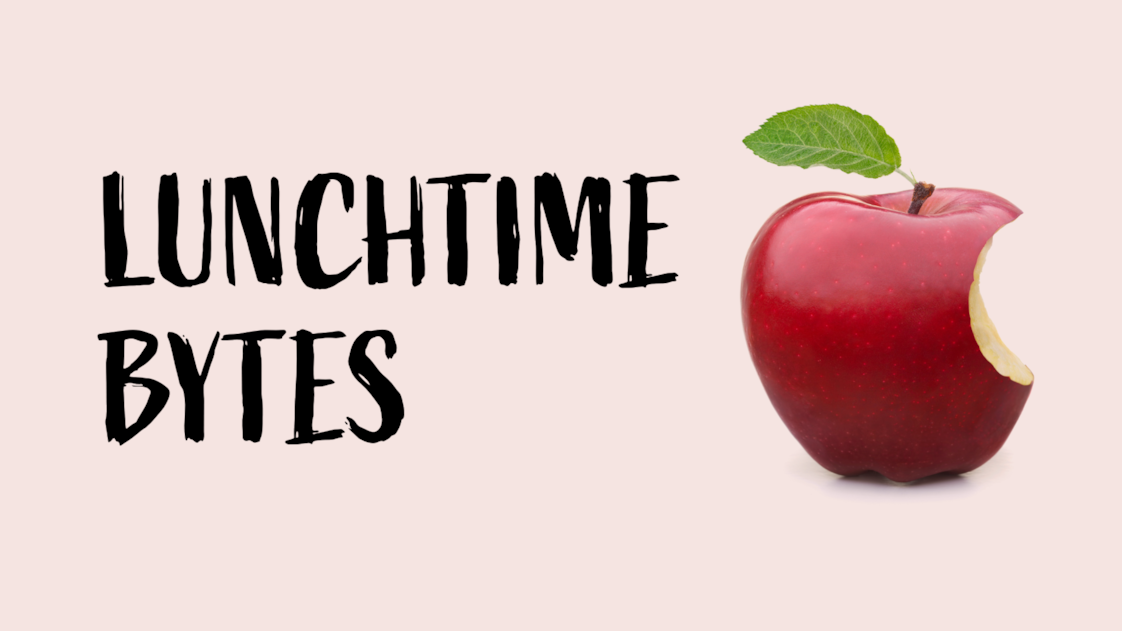 |
 |
Kia ora everyone, Over the next few weeks, I am working with Dane to upload resources I have developed over the years that are not yet on the website. These largely include the previous Kaiārahi workshop slides, conference presentations and resources of different career theories such as—
At the beginning of Term 2—May 7th, we have a Lunchtime Byte showcasing a free resource that gives students ideas about virtual work experiences and tasks they can do to experience what a career may involve. Register below. Wishing you all a safe and happy holiday. Ngā mihi nui,  |
 |
Readings for the School Holidays Exploring Possibilities—Junior career education ideas. This is why we should be thinking about career education earlier, especially when we acknowledge that young children are developing skills and experiences that build their capacity for successful learning and positive career and life outcomes. This teaching toolkit is rooted in helping children “discover their passions and aspirations, develop their potential, and find their place in society.” This toolkit is also underpinned by published literature and data collected from educators who were asked to shed light on how they approach the development of foundational skills in their practice and parents, students and industry partners. The aim of the toolkit is to help all educators understand and showcase the various ways that their teaching practices introduce and develop foundational career-related skills, such as healthy habits of mind and being, social and emotional skills, self-confidence and self-efficacy. The hope is that this teaching toolkit will inspire and stimulate educators to go on a journey to explore the possibilities with career-related teaching and learning . This is aimed at younger students but there may be some ideas that can be embedded in Year 7-10 career education programmes. You can download the toolkit as a free pdf or it is available for purchase in print or ebook formats. Learn more in these two articles from the authors published with the Canadian Association of Principals:  |
Super’s Life Span Life Space Theory Bringing Theories to Life in the Classroom: Super’s Life Span Life Space Theory  |
More is More—the relationship between school based CEAIG at 14-16 and the wider adult outcomes at 21-22.  |
 |
Recording Women in Engineering Webinar Also check out the mockumentary series created by an Engineering student—a great resource to show to physics and math classes at the end of a lesson!  |
 |
Lunchtime Byte Virtual Work Experience Lunchtime Byte—Tuesday 7th May 12.30pm https://virtualworkexperiences.com/ Click here to register  |